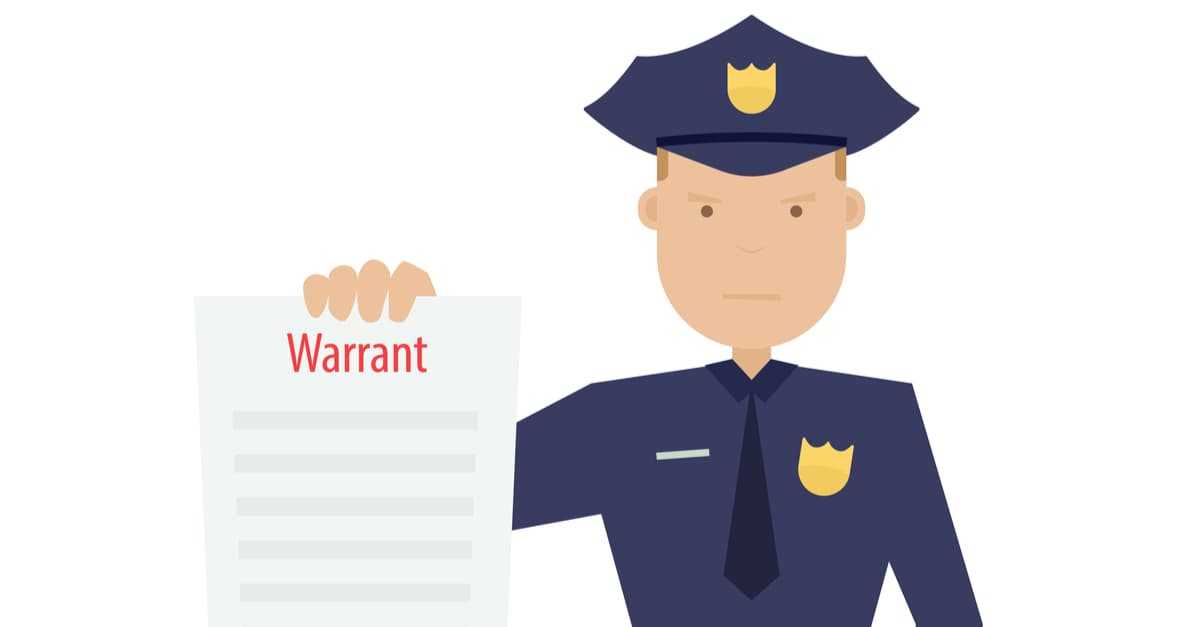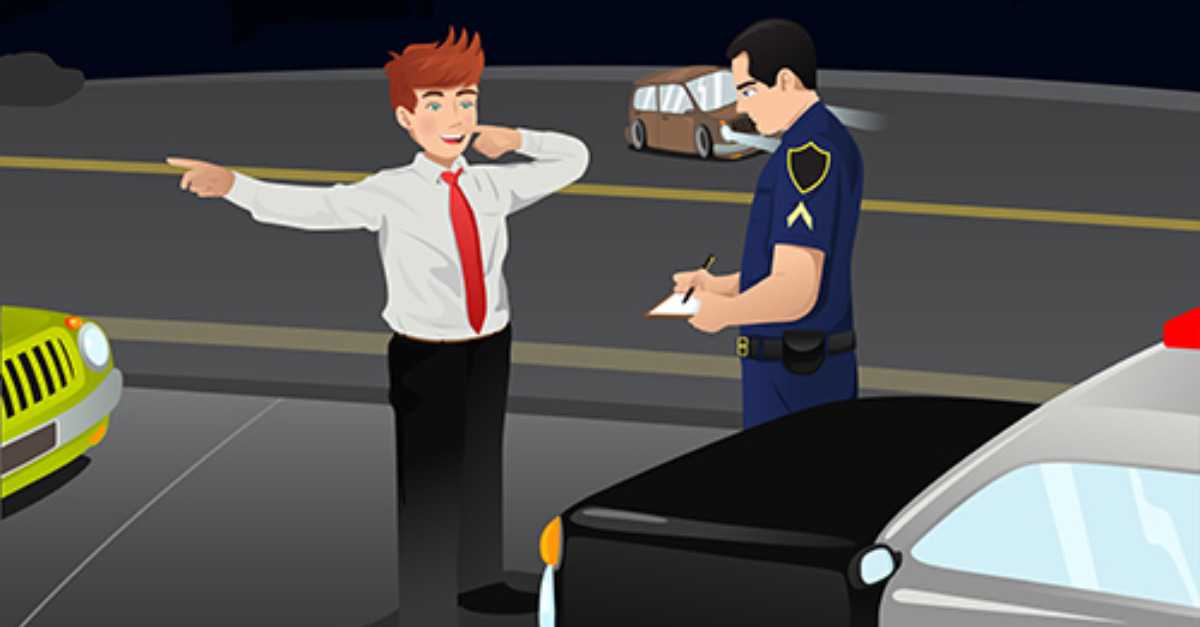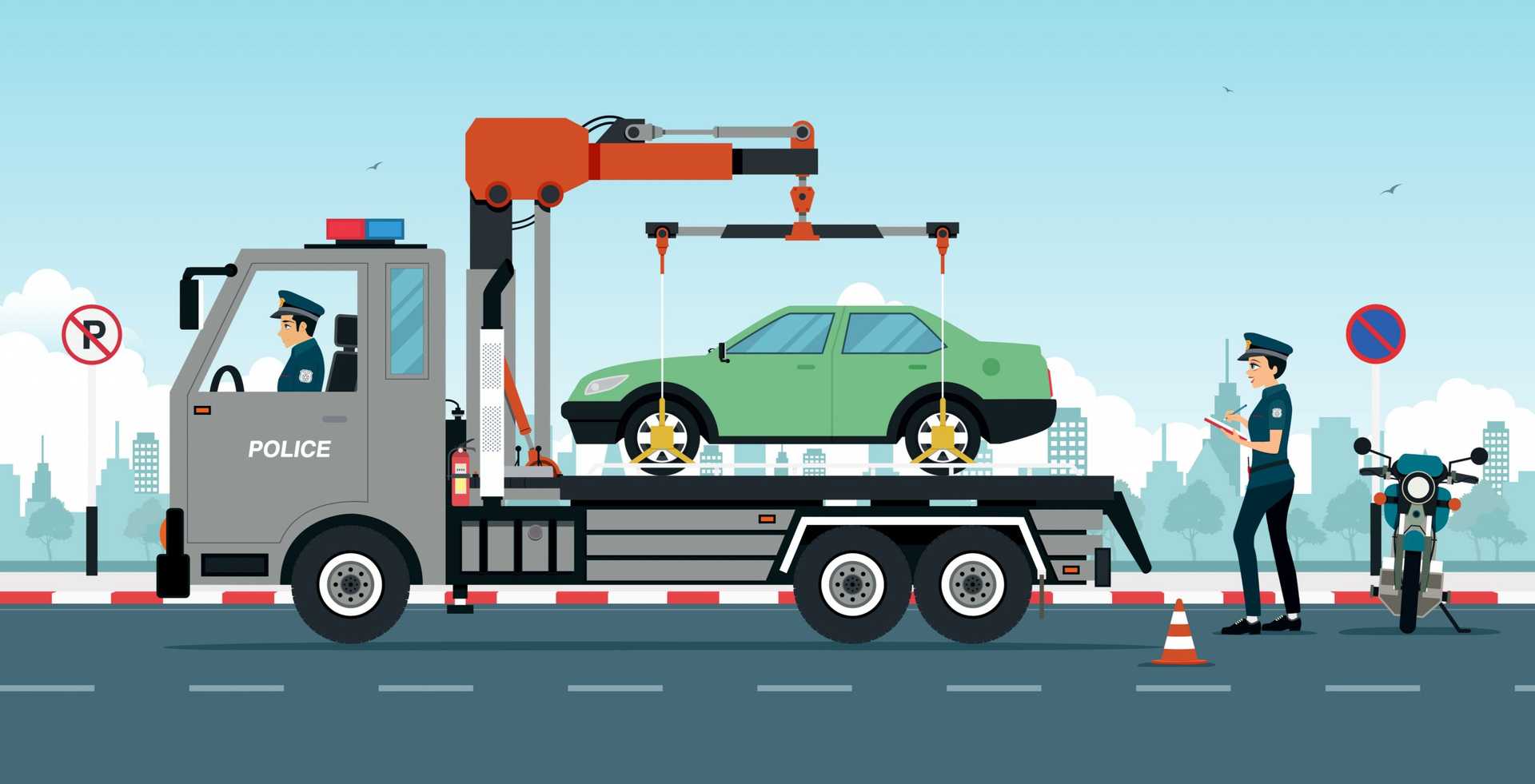Can I Get a DUI While My Vehicle is Parked
Pretext Stops for DUI – Part 1
Pretext Stops for DUI – Part 2
Pretext Stops for DUI – Part 3
Pretext Stops for DUI – Part 4
Happy New Year. I hope you are well. This is the fifth installment in my series on pretextual stops for DUI’s in Tucson and how to fight them. If you missed the first four, we covered a series of specific but sometimes dubious purported “traffic violations” police love to use as excuses: from brake lights to weaving. Each and everyone of those fifteen “violations” involved a vehicle in motion.
Today we’re going to talk about parked cars. Police sometimes approach you when you’ve legally parked a vehicle and are using it as a stationary shelter—i.e., you’ve had too much to drink perhaps, and you decide to pull off the road. Or not get on it in the first place. You’re doing the right thing—what the law says you should do. But then the police come upon you, claiming that it was a “check welfare” and arrest you for DUI even though you weren’t actually driving.
Remember that in Arizona, it can be a crime to either drive or be in “actual physical control” of a vehicle. ARS 28-1381. What does that mean, “Actual Physical Control”? I’ll explain it in a couple of examples taken from my recent practice:
First: I once had the case of an active duty air force Sergeant who had just been accepted to flight school. To celebrate he went out with a woman to a concert. He went back to her apartment and decided to leave, but he didn’t feel safe to drive.
Police found him legally and properly parked at a meter, sleeping, engine running for heat, vehicle in park, headlights off. They charged him but we got it dismissed. Why? No intent to drive.
Second: Another client pulled into a Walgreens parking lot in the middle of the night, parked incorrectly, and passed with out engine on. Result: case dismissed—voluntarily using car as shelter
Third: My client was found in roadway, passed out at traffic light, vehicle in “drive”. Is there “actual physical control?” Probably. But for passing out she would have likely driven. There is no evidence that she pulled off roadway.
Keep in mind, that we have had many many of these—and we like litigating them: and the key factors seem to be 1) whether vehicle is pulled off roadway in a safe and proper parking space; 2) whether vehicle is in “park.”
Community Caretaking Function
But why do police even have the right to approach a person who is properly parked off the roadway? I mean, we all get it—guy is passed out in the roadway is a hazard—But here, police will say that when they saw you in the parking lot sleeping, they want to be sure you were alright. In other words, they rely on the “community caretaking function” exception to the requirement that they either have 1) REASONABLE SUSPICION that you’ve committed a traffic violation (See Parts I-IV of this blog series) or 2) reasonable suspicion that you are impaired by alcohol or drugs in your ability to drive.
I mean in theory, you’re there minding your own business: Police can’t approach you “just because”
So what police rely on when there is no “reasonable suspicion” is the “community caretaking function” doctrine. What exactly is that?
Well, we all know that the police do more than just investigate crime. They also help people in need, like firefighters and ambulance crews, when a cat gets stuck in a tree, when they come upon a person stuck in a flash flood. And we applaud them for that.
But when asked why they approached my clients’ legally parked cars in the middle of the night, they will almost always chime “check welfare” and it raises my hackles.
Police and prosecutors have in my view abused the privilege to some extent. In State v. Wilson, which supports my view, for example an officer responded to Wilson’s house to a neighbor complaint of his “erratic behavior.” 237 Ariz. 296 (2015). Wilson met police at door, and told them he had been handling mercury and had “up to seven pounds in a glass jar.” Id. Sounds weird. Police took Wilson to the hospital, and then entered the home, without a warrant, ostensibly to look for mercury. They found no mercury but found instead marijuana plants. Police claimed that the warrantless search was a “community caretaking function” activity to protect the public from the mercury.
The court didn’t buy it. Indeed the court in Wilson held that the search of Wilson’s home illegal: First, no one else was in the home so mercury was not a risk. So that was an abuse of the excuse. Second, in Wilson the Court went further and set a bright line rule, holding that the community caretaking function does not apply to houses any more at least in Arizona. Id.
While it still applies post-Wilson to cars in Arizona, Wilson deconstructs the community caretaking function excuse, and in my view limits it reach.
So how do we apply Wilson to a stopped vehicle? The proverbial “check welfare” encounter. Well, police will talk about “emergency aide” as a “check welfare” reason. But the officer must have an “objectively reasonable basis for believing that a person is in need of immediate aid.”
As a result, now in my parked car cases, when I am exploring the encounter, I try to ensure that I ask the officer if my client looked like he needed immediate aid, and if he says yes, ask him to describe his objectively reasonable basis. That’s pretty easy to do for a car blocking traffic but less so for a legally parked vehicle. Often police will claim that they were responded to a 911 call for a passed out driver—in that situation it is important to establish a) the details of that call; and b) does the officer know how long the vehicle was there.
In short, I think it is important to think of the “stop” of a legally parked vehicle along the same lines that you would think about a “stop” for a weak or non-existent traffic violation. These are all, in my view, pretextual reasons for stopping or investigating you for DUI. I hope this helps
Recommended Articles

Driving under the influence (DUI) is a serious crime in Arizona. If you have been arrested for DUI, it is important to understand your legal rights.

This blog will address what you can do to win a DUI case for parked cars and how to avoid, hopefully even getting charged.

The Supreme Court in a 9-0 opinion held that when a minor offense alone is involved, police officers can't enter the home without a warrant.

First, let’s figure out what kind of DUI it is. They’re usually misdemeanors unless there’s been an accident.

Today we’re going to talk about parked cars. Police sometimes approach you when you’ve legally parked a vehicle and are using it as a stationary shelter.

About Michael Harwin
Michael’s skill and experience have been recognized repeatedly. He holds an A-V 5/5 preeminent rating by Martindale Hubbell. He has been named one of the top lawyers in Arizona by Southwest Superlawyers, and one of the best lawyers in Tucson by Tucson Lifestyle Magazine. He also has been named one of the best lawyers in the United States by BestofUS.com , and given the highest rating possible by AVVO, 10/10 Superb. Amazon Books


